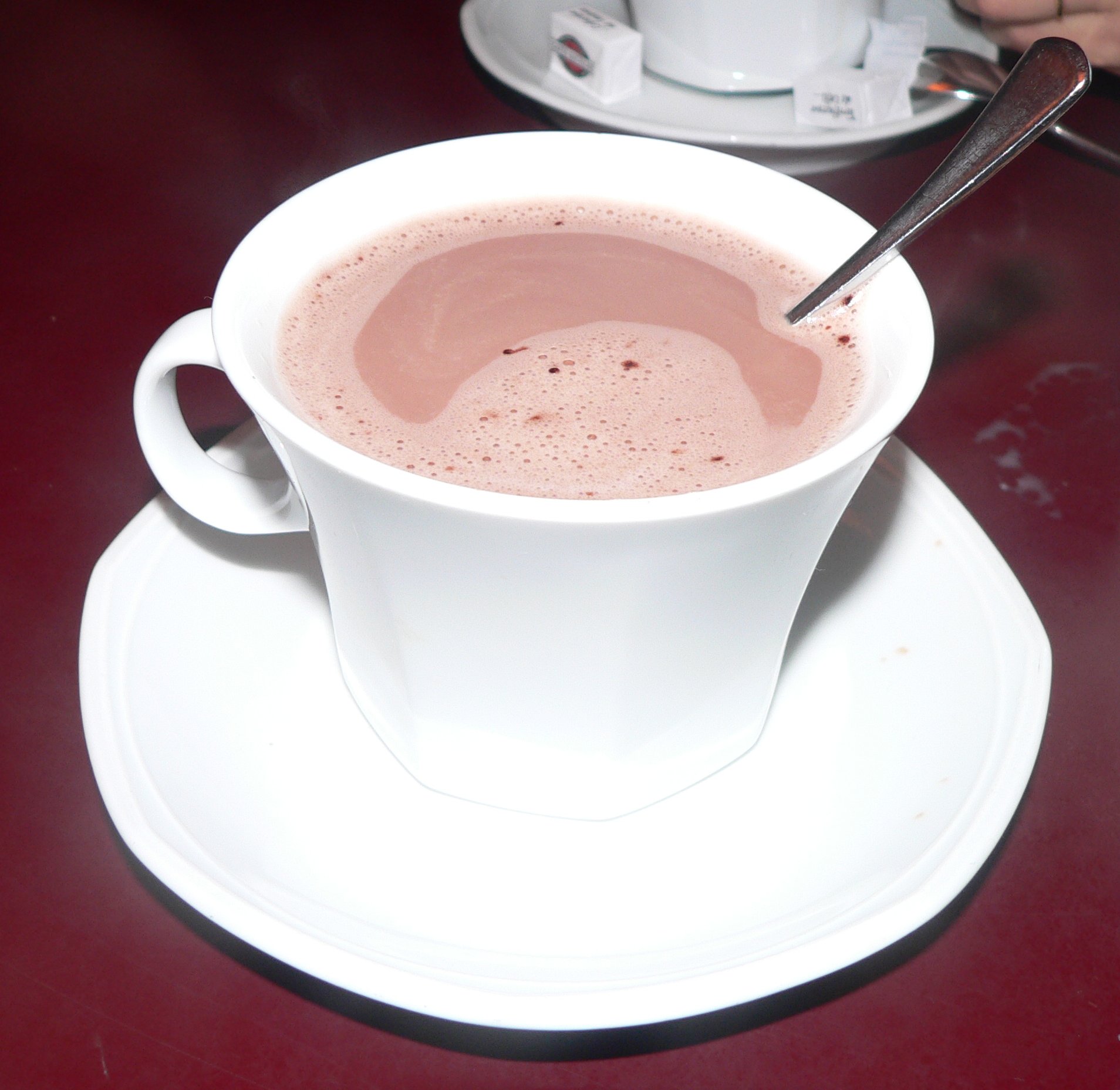 As I learned while writing a post two weeks ago, a lot of damage to your arteries can get done right after a meal. When your blood sugar goes way up after a meal, the insulin level follows, and after that your triglycerides go up, and your blood gets "thicker". At the same time, free radicals form, which can cause cholesterol to oxidize, which can lead to arterial plaque. And inflammation can cause plaques to rupture. A ruptured plaque is what caused Tim Russert's heart attack. A ruptured plaque could just as well cause a blockage in an artery of the neck or head, which could cause a stroke...
As I learned while writing a post two weeks ago, a lot of damage to your arteries can get done right after a meal. When your blood sugar goes way up after a meal, the insulin level follows, and after that your triglycerides go up, and your blood gets "thicker". At the same time, free radicals form, which can cause cholesterol to oxidize, which can lead to arterial plaque. And inflammation can cause plaques to rupture. A ruptured plaque is what caused Tim Russert's heart attack. A ruptured plaque could just as well cause a blockage in an artery of the neck or head, which could cause a stroke...
So, to reduce the risk of a heart attack, it seems like it would be a good idea to reduce plaque formation, and reduce the risk. And, if a lot of this dangerous oxidation and inflammation is happening right after meals that cause a rise in insulin, it would seem that anything you could do to reduce blood sugar or insulin or high blood pressure or triglycerides or inflammation or oxidation would help you a lot. Which is why I wonder, when I read the abstracts of some of the clinical trials of cocoa, chocolate, and cinnamon, exactly when everyone is eating their chocolate. Because it seems to me that the time you need the anti-oxidant the most is when you've got the worst threat of oxidation. And the time you need the insulin mimetic in cinnamon the most is right when you're getting that spike in blood sugar. The time you need something to relax your blood vessels in just when they're getting tense. That seems like a fair series of hypotheses.
I'd like to see someone do a meta-analysis of the papers to see if there is any correlation between when the particiapants are consuming their cocoa or cinnamon supplements and how much effect they get from it. Maybe the difference wouldn't show up in a short-term study.
But, if bad metabolism after meals really increases the risk of coronary artery disease, then maybe a long-term study of coronary artery disease progression and cocoa consumption would turn something up. And, if a little red wine with a meal can counter the oxidation chemicals in a meal, then why not a cup of cocoa, containing 200mg polyphenols after the meal? And why not a little cinnamon after the meal?
I'd like to see a clinical study of the effect of having 200mg of polyphenols during or directly after each of the main meals of the day. Three meals, 600mg in a day. Still less than the Kuna people drink, but quite a lot none the less.
Makes me wish I lived near one of these groups doing cocoa or cinnamon studies. Wouldn't it something to get involved in designing one of those experiments?
Because either cocoa and cinnamon are the greatest discovery since sliced bread (and to be highly recommended to anyone who regularly eats bread or other easily-digested carbohydrates) or they aren't. And I'd really like to know which it's going to be.
- J Agric Food Chem. 2008 Jun 10. PMID: 18540628. The Stomach as a "Bioreactor": When Red Meat Meets Red Wine. Gorelik S, Ligumsky M, Kohen R, Kanner J.




1 comments:
Of course, it takes more than a cup of cocoa to reverse heart disease.
Post a Comment